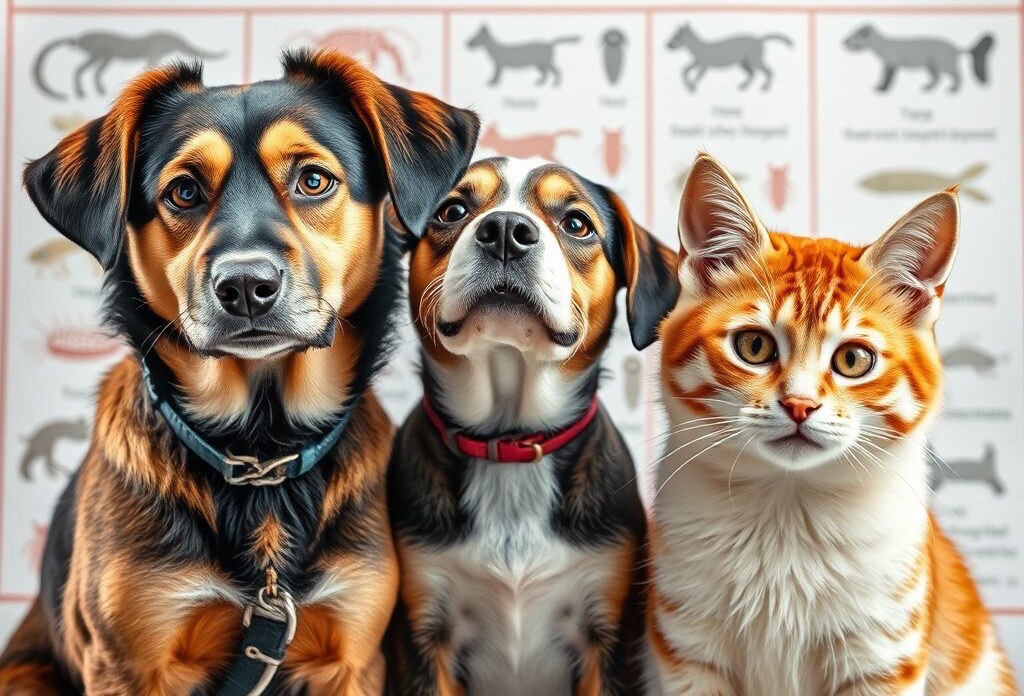
Today, 20th March, marks the first-ever World Parasite Awareness Day, a global initiative designed to highlight the growing health threat parasites pose to pets and people worldwide.
Backed by over 30 international organisations, including veterinary associations, parasitology groups, and animal health experts, the campaign stresses that protecting pets also safeguards human health.
An open letter from these organisations emphasises the critical need for increased awareness and better parasite control practices. Parasites such as fleas, ticks, worms, and heartworm can lead to serious health problems in animals and, in certain cases, pose risks to humans. The letter specifically points out how climate shifts and global movements have accelerated the spread of parasites, with heartworm expanding significantly across Europe and northern regions of North America.
Ian Wright, Chairman of the European Scientific Counsel Companion Animal Parasites (ESCCAP), commented:
“World Parasite Awareness Day is a perfect time to reflect on the rapidly evolving challenge to human and animal health that parasites present. It’s also an excellent opportunity to raise awareness among pet owners and direct them to organisations that can provide simple but effective evidence-based parasite control advice.”
Coinciding with the first day of spring in the Northern Hemisphere, a period when parasite risks traditionally spike – the initiative calls for pet owners to collaborate closely with veterinarians, understand local parasite threats, and adopt a protection plan customised to their pets’ specific needs.
Jim Berry, President of the World Small Animal Veterinary Association (WSAVA), stressed:
“Every companion animal should have a parasite protection plan, and that starts with a visit to the veterinarian. Your veterinarian is trained to assess any risks, recommend appropriate parasite prevention or treatments, and help ensure your pets stay healthy and parasite-free.”
In the UK, the National Office of Animal Health (NOAH) has aligned its new campaign, “Use It Right, Treat Them Right,” with World Parasite Awareness Day. This initiative underscores the importance of responsible anti-parasitic medicine use, encouraging pet owners to follow instructions carefully and seek professional guidance from vets and suitably qualified persons (SQPs).
Dawn Howard, NOAH Chief Executive, said:
“Anti-parasitic medicines are vital for protecting our pets and, by extension, human health. However, to ensure their effectiveness, we must use them responsibly by following treatment instructions. NOAH’s campaign aims to equip pet owners with essential knowledge to make informed choices, safeguarding animal welfare, public health, and our shared environment.”
According to the Centers for Disease Control (CDC), parasite-borne diseases such as Lyme disease and Toxocariasis pose significant risks to vulnerable human populations, including children, the elderly, and immunocompromised individuals. Thankfully, experts agree that prevention is both easier and safer than treating parasite-induced diseases.
For more details and to read the full open letter, visit www.ParasiteAwarenessDay.com.

